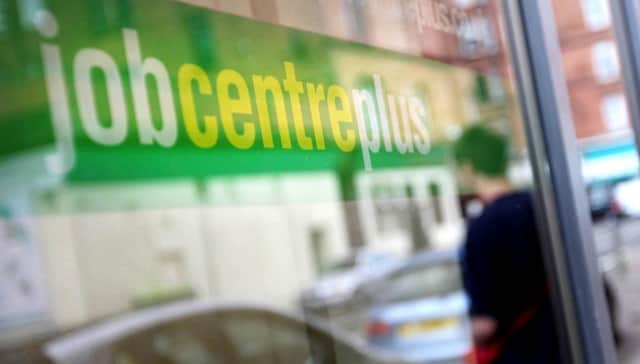Make a difference to people in poverty


Would new solutions be discovered? Would people listen and, if they did, would they better understand the challenges?
For the last 18 months, I have had the privilege of being part of the Leeds Poverty Truth Commission, an innovative initiative which seeks to do exactly this by bringing business and civic leaders together with people experiencing poverty.
Advertisement
Hide AdAdvertisement
Hide AdWhen you’re experiencing poverty, what really grinds you down is the way other people perceive you. The national media often portray low-income families in unsympathetic, and sometimes insulting terms. Feckless. Scroungers. Skivers.
This leads the public to think that the hard-up have only themselves to blame, and they treat them with disdain. Attempts to get help with money, benefits, housing and other basic essentials can sometimes be frustrating, complicated and bureaucratic. This reinforces the impression that anyone who is experiencing poverty is a problem.
Even people who aren’t on a low income can be affected by the dehumanising effects of poverty in our city. Any society is weaker when some of its members are excluded. The commission’s “Humanifesto” sets out the principle that poverty dehumanises us all.
A recent Centre for Cities report highlighted the successful growth of the Leeds economy and much was made of the high numbers of jobs created over the last decade.
Advertisement
Hide AdAdvertisement
Hide AdThere is good evidence to say that is easier to get a job when you are already in a job. But what if you don’t have these connections and what if you are cut off from the labour market? It became increasingly apparent to me from our conversations that companies in Leeds are missing out on talented individuals because, as one of our commissioners put it, “the buildings are faceless, we don’t know which companies are based in them and we don’t know if they have any vacancies”. In the Chamber’s latest survey, more than half of companies said they struggled to recruit in the last quarter. I speak to companies who consistently fail to attract applicants to apprentice vacancies because they can’t get their messages through to those who need to hear them.
I met with a charity that supports young people to develop engineering skills and less than 200 yards away there are a range of companies crying out for young people with an interest in engineering who are struggling to fill vacancies – they didn’t know each other. I am a huge advocate for apprenticeships. With the development of degree apprenticeships, people can progress through to the highest levels. Despite this, many think it is where you go to be a builder (a career in very high demand, by the way) not to be a lawyer, accountant or programmer.
As the commission drew to a close, each of us was asked to make a pledge on how will we make a difference. My pledge is to ensure that apprenticeships are visible to all in the city.
I can’t sum up my experience any better than using the words of one of our commissioners, Christine. She said: “When we started it was them and us, now it is just us.” Today the commission is inviting all 99 elected members of Leeds City Council to make a pledge also.
The Humanifesto can be found at www.leedspovertytruth.org.uk/humanifesto